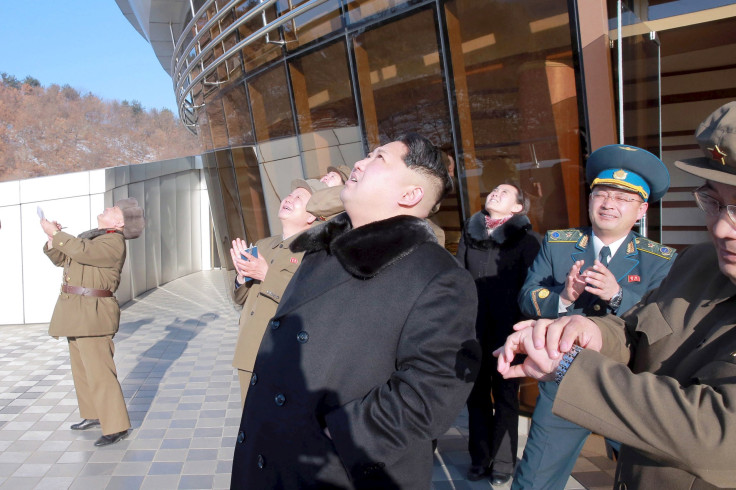North Korea Develops New Unit To Deploy KN-08 Intercontinental Ballistic Missile: Report

North Korea has created a new unit that can deploy a road-mobile intercontinental ballistic missile (ICBM), sources told South Korea's Yonhap news agency on Sunday. The move comes as Pyongayang’s recent nuclear test and a satellite launch are being criticized by the international community.
The unit "KN-08 Brigade," which is named after the missile of the same name, is a part of the Strategic Force that supervises all the missiles in North Korea. Sources also told Yonhap that the move shows that North Korea may soon be able to field the road-mobile ICBM. The KN-08 was first revealed in April 2012 during the military parade to celebrate the 100th birthday of Kim Il-sung, North Korea’s founder and the father of the current North Korean leader Kim Jong Un.
James Clapper, the Director of U.S. National Intelligence, said last week, according to Yonhap, that North Korea “has already taken initial steps toward fielding this (KN-08) system, although the system has not been flight-tested,” adding that the reclusive country was determined to develop “a long-range, nuclear-armed missile that is capable of posing a direct threat” to the U.S.
The KN-08 has a range of at least 6,200 miles and the Pentagon said Friday in a report to Congress that if the KN-08 was properly designed and developed than it would be difficult to track the missile down due to its mobility. The Yonhap report added that North Korea has so far produced over 300 Nodong missiles with a range of about 745 miles and about 30 Musudan missiles, which can travel about 1,900 miles. The missiles are believed to have the capability of reaching the U.S. bases in Japan and in the Pacific island of Guam.
A report earlier this week said that North Korea is avoiding the U.N. sanctions by using flights and international financial system to get material for it to develop its nuclear and ballistic missiles programs.
While the U.S. and South Korea agreed to put in place an advanced defense missile system in the region to avoid provocations from North Korea, the U.N. Security Council members are trying to put in place additional sanctions against Pyongyang. The U.S. House of Representatives also passed a bill Friday approving tougher sanctions against North Korea.
© Copyright IBTimes 2025. All rights reserved.






















